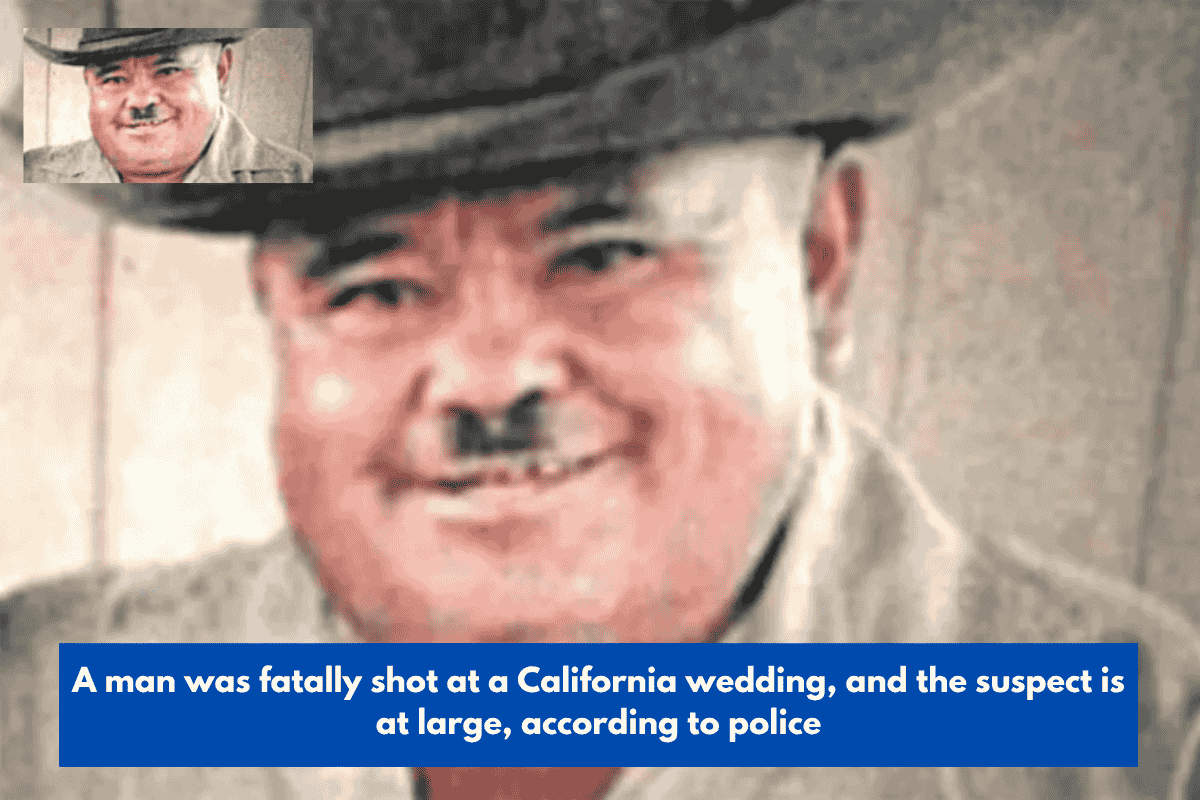Pacific Northwest – The states of Oregon and Washington are urging a federal court to block President Donald Trump and his administration from interfering with their long-established election laws, especially regarding mail-in voting.
On March 25, President Trump issued Executive Order 14248, titled “Preserving and Protecting the Integrity of American Elections.” The order seeks to reshape election administration across the United States, including requiring voters to prove citizenship with formal documents and stopping vote-by-mail systems from counting ballots postmarked by Election Day but received after it.
Mail Voting: A Long-Standing Tradition in Oregon and Washington
Both Oregon and Washington have relied heavily on postal ballots for decades. Their laws allow counting ballots received after Election Day, as long as they were postmarked on or before the day of the election.
States Seek Court Intervention
In a detailed 35-page motion for partial summary judgment, Oregon and Washington have asked U.S. District Judge John H. Chun—appointed by President Joe Biden—to permanently block parts of Trump’s executive order, calling it unconstitutional and beyond the president’s authority.
The motion opens with a clear reminder:
“The Constitution is clear: States are responsible for regulating ‘[t]he Times, Places and Manner’ of federal elections, subject only to alteration by Congress. The President has no constitutional authority to interfere with state election laws.”
The Order’s Overreach and Its Impact on Voting Rights
The states argue the executive order attempts to:
- Impose new restrictions on voter registration
- Overturn long-standing state ballot-return deadlines
- Control which voting machines get federal certification
“The President has no authority to do any of this. And by attempting to assert unilateral control over elections, the President is threatening the foundation of our democracy,” the motion states.
No Federal Law Requires Ballots to Be Received by Election Day
A key point in the lawsuit is the administration’s attempt to prohibit counting ballots received after Election Day.
The motion explains:
“Federal law does not create a ballot-receipt deadline. The statutes cited (2 U.S.C. § 7 and 3 U.S.C. § 1) only set the date of the election itself and say nothing about when ballots must be received.”
In fact, the states argue, these laws allow ballots postmarked by Election Day to be counted, which aligns with the principle that a voter’s choice is final on that day.
Separation of Powers and Election Administration
The motion emphasizes that election regulations are the responsibility of the states and Congress, not the president.
Congress has established election laws and the Election Assistance Commission to manage detailed rules about voting systems and procedures. The executive order’s attempt to replace this bipartisan, expert-driven process with unilateral presidential control is seen as unlawful.
“To prevent tyranny, the Framers divided power among the States and Federal Government and separated powers within the Federal Government itself,” the motion concludes. “The President seeks to disregard constitutional limits on his power—especially troubling when it comes to elections.”
Looking Ahead
The states are pressing for a swift resolution in the district court, hoping to uphold their voting laws and ensure vote-by-mail protections remain intact.














